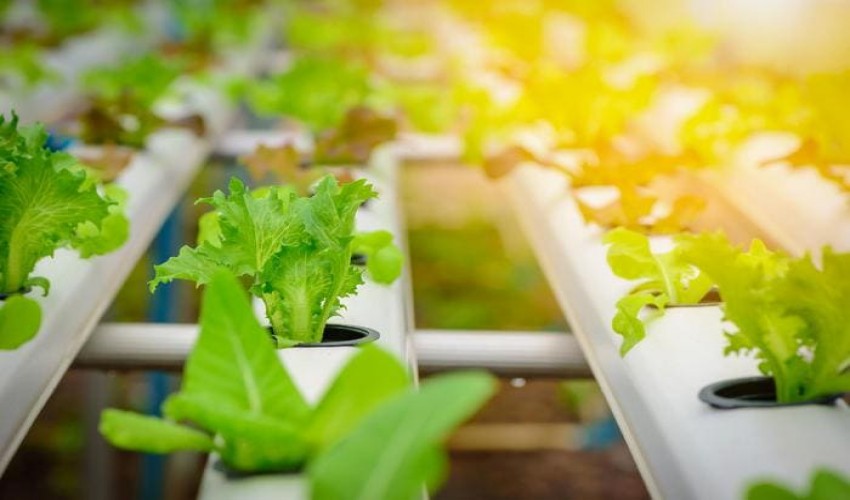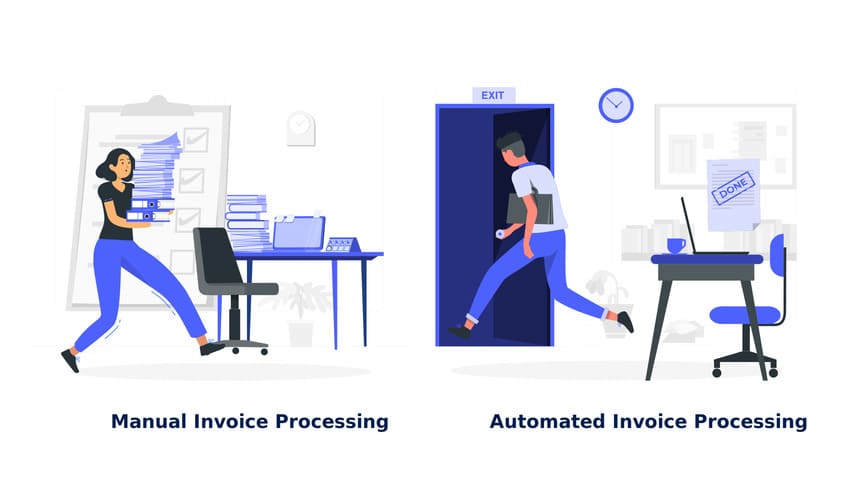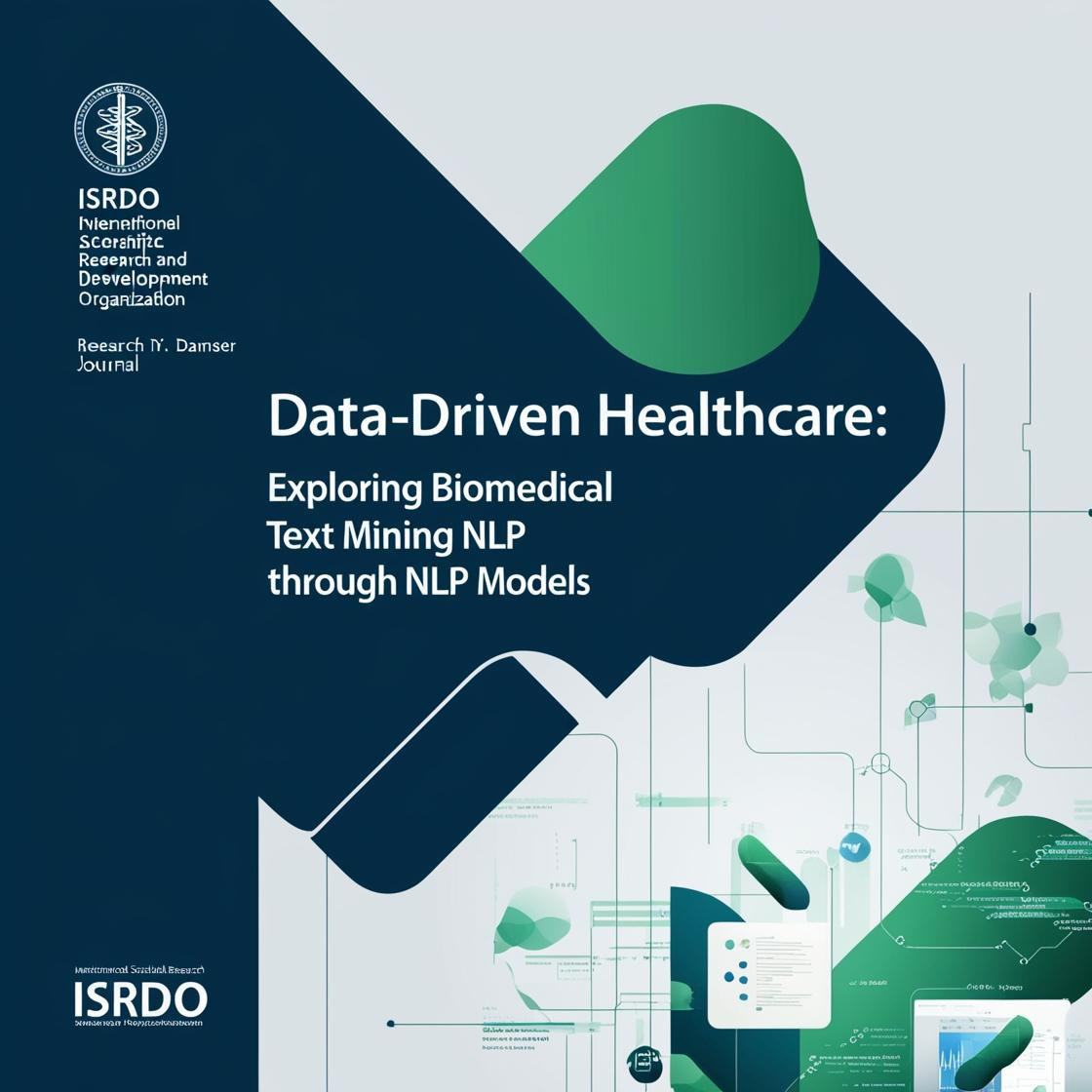
Food Engineering / Technology
Food engineering is a multidisciplinary field which combines
microbiology, applied physical sciences, chemistry and engineering for food and
related industries. Food engineering includes, but is not limited to, the
application of agricultural engineering, mechanical engineering and chemical
engineering principles to food materials. Food engineers provide the
technological knowledge transfer essential to the cost-effective production and
commercialization of food products and services. Physics, chemistry, and
mathematics are fundamental to understanding and engineering products and
operations in the food industry.
Food engineering encompasses a wide range of activities.
Food engineers are employed in food processing, food machinery, packaging,
ingredient manufacturing, instrumentation, and control. Firms that design and
build food processing plants, consulting firms, government agencies,
pharmaceutical companies, and health-care firms also employ food engineers.
Specific food engineering activities include:
- drug/food products;
- design and installation of food/biological/pharmaceutical
production processes;
- design and operation of environmentally responsible waste
treatment systems;
- marketing and technical support for manufacturing plants.
Food technology is a branch of food science that deals with
the production processes that make foods.
Early scientific research into food technology concentrated
on food preservation. Nicolas Appert’s development in 1810 of the canning
process was a decisive event. The process wasn’t called canning then and Appert
did not really know the principle on which his process worked, but canning has
had a major impact on food preservation techniques.
Louis Pasteur's research on the spoilage of wine and his
description of how to avoid spoilage in 1864 was an early attempt to apply
scientific knowledge to food handling. Besides research into wine spoilage,
Pasteur researched the production of alcohol, vinegar, wines and beer, and the
souring of milk. He developed pasteurization—the process of heating milk and
milk products to destroy food spoilage and disease-producing organisms.
- Food chemistry
- Biochemistry
- Food and nutrition
- Food microbiology and safety
- Principles of food processing
- Food engineering I
- Food storage and transport engineering
- Technology of milk products processing
- Fruits processing technology
- Food industrial economics
- Computer programming
- Environmental science
- Instrumental method of food analysis
- Food additives and ingredients
- Food engineering II
- Instrumentation and process control
- Food packing technology
- Meat
- fish
- and poultry product technology
- Food biotechnology
- Food laws
- standards
- and regulation
- Cereals
- pulses
- and oilseeds technology
- Food production trends and programs
- Concepts of Food Product Development
- Food Biochemistry and Nutrition
- Industrial Microbiology
- Heat and Mass Transfer in Food Processing
- Food Refrigeration and Cold Chain
- Fundamentals of Food Engineering
- Processing Technology of Liquid Milk
- Processing Technology of Cereals
- Food Biotechnology
- Food Plant Sanitation
- Food Plant Utilities & Services
- Unit Operations in Food Processing
- Processing Technology of Dairy Products
- Processing Technology of Legumes and Oilseeds
- Processing of Spices and Plantation Crops
- Business Management and Economics
- Instrumental Techniques in Food Analysis
- Food Storage Engineering
- Food Process Equipment Design
- Design & Formulation of Foods
- Processing Technology of Fruits and Vegetables
- Bakery
- Confectionery and Snack Products
- ICT Applications in Food Industry
- Marketing Management and International Trade
- Food Additives and Preservatives
- Food Quality
- Safety Standards and Certification
- Instrumentation and Process Control in Food Industry
- Applications of Renewable Energy in Food Processing
- Processing of Meat
- Fish & Poultry Products
- Processing Technology of Beverages
- Sensory Evaluation of Food Products
- Food Packaging Technology and Equipment
Recent Published
Submit Manuscript
To give your manuscript the best chance of publication, follow these policies and formatting guidelines.


